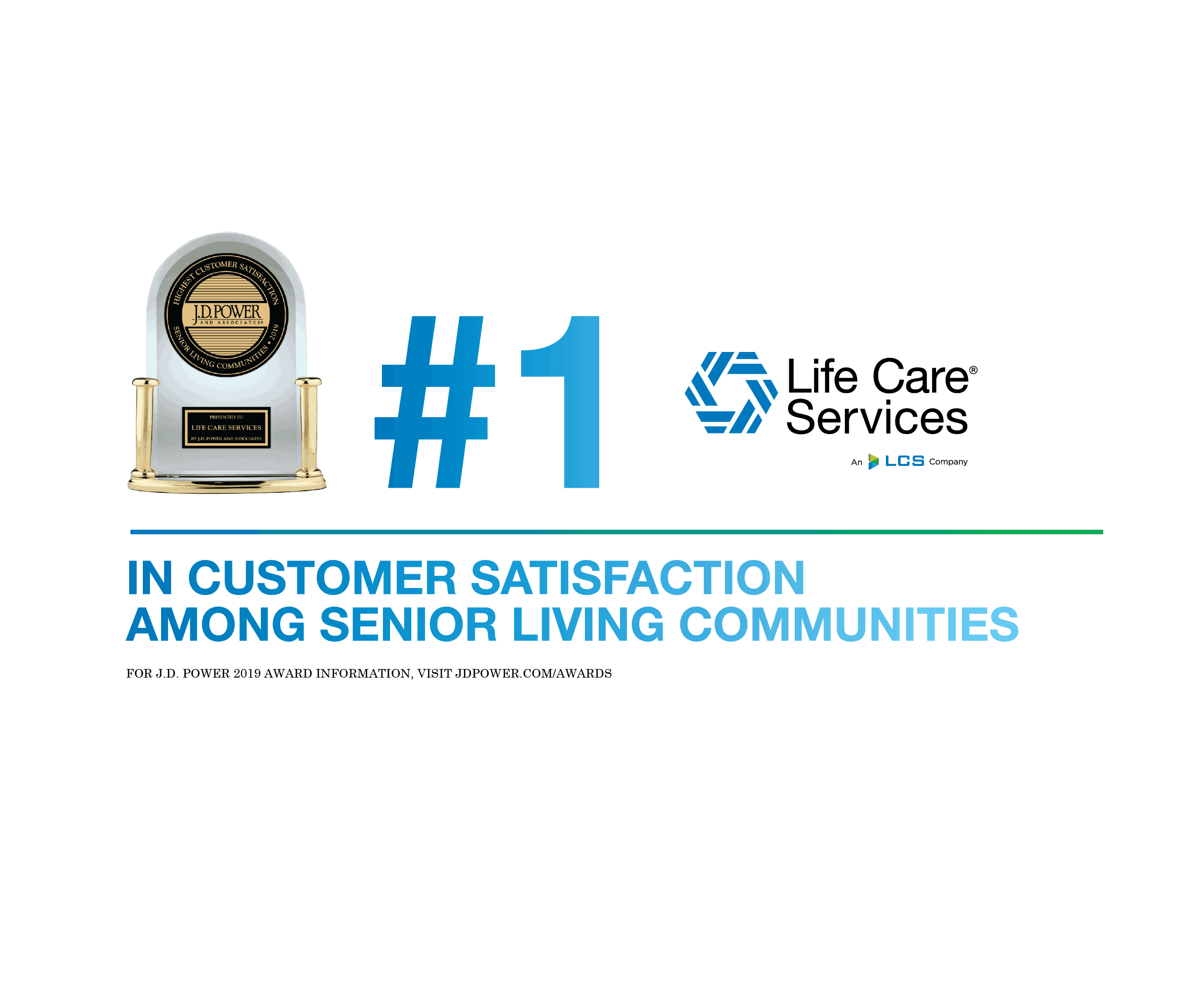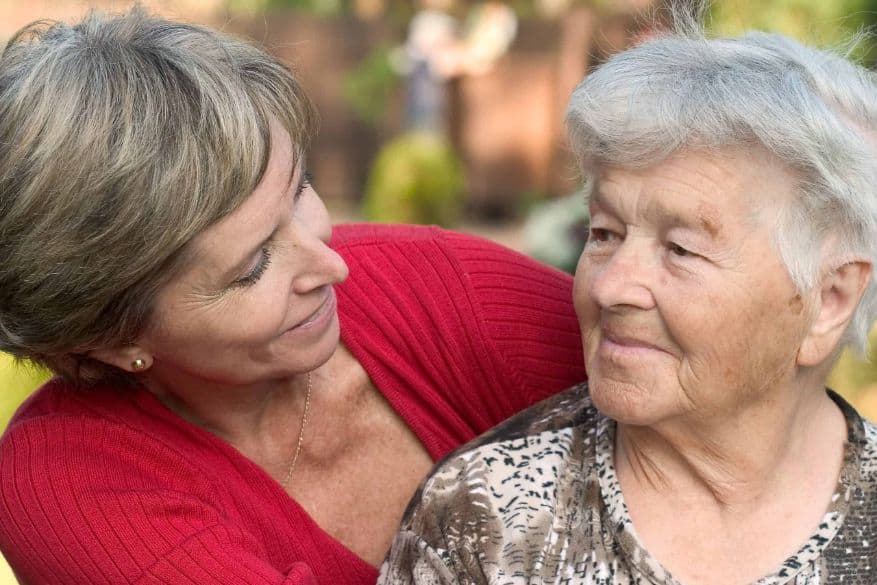Strategies for Communicating with Your Loved One as Dementia Progresses

When someone in your life is facing a future with Alzheimer’s disease or another form of dementia, you may feel powerless against the changes happening to their memory and their mind. Although you can’t change the situation, you can use communication strategies to help you maintain a connection with your loved one.
As the condition progresses, communication with a person who has dementia can become increasingly difficult. They may have trouble communicating with you and expressing their thoughts and feelings. You can help bridge the gap by shifting your own verbal and nonverbal communication style to adapt to your loved one’s changing abilities.
Dementia’s Impact on Communication
One of the most common symptoms of Alzheimer’s disease and other forms of dementia is “aphasia,” which is the medical term for the loss of ability to speak and understand speech. You may notice your loved one having trouble finding the right words when they’re talking about events or activities, or the names of familiar people or things. Over time, problems with language and communication might become more prominent, and it may be more difficult to resume a conversation after an interruption. You might also notice frequent topic changes and unexpected substitutions for forgotten words.
Understanding the stages of dementia and communication strategies for how to converse with someone with dementia can help you maintain a loving and supportive relationship with your loved one as the condition progresses.
Communication Strategies for Every Stage
Early Stage
At the earliest stages of dementia, you may not notice any obvious problems with communication, but small changes can add up over time. Your loved one may forget words when speaking or lose their train of thought. You may notice some repetition, such as telling the same story again and again or asking a question repeatedly. Often, people with dementia are aware of their mistakes in this stage and will attempt to hide or excuse them.
Be inclusive. As people with dementia become aware of their limitations, they may withdraw from social situations so they don’t make mistakes. However, staying engaged can help keep their communication skills sharper for longer. Include your loved one as much as possible and make them feel welcomed and valued in conversations. Choose topics your loved one easily recalls from long-term memory, such as asking about their childhood or family memories.
Remove barriers. Watch for environmental factors that hinder your loved one’s ability to concentrate and look for ways to make communication easier. Make it a habit to stand or sit close to your loved one and speak directly to them. Eliminate distractions like a TV or radio, and try to find a quiet space with little to no background noise.
Moderate Stage
Challenges with communication typically become much more pronounced during the moderate stage of dementia. You’re likely to notice your loved one struggling more to keep up with a conversation or follow along with a storyline on a TV program, movie or book. They may use made-up words to replace forgotten ones or try to describe objects rather than calling them by their actual names. Following directions may become more difficult, and they may forget how to make a phone call or perform other routine tasks.
Speak slowly. In this stage, speaking slowly and clearly becomes increasingly helpful, as does maintaining eye contact. Clearly enunciate your words, and keep sentences, requests, and stories brief. It’s usually best to avoid complicated inquiries in favor of questions that require only simple yes/no answers.
Offer support. Continue to offer encouragement to help your loved one feel more confident expressing themselves. Try to stay calm and patient, even when it’s difficult to get through to them. Resist the temptation to correct or argue; instead, listen closely and provide affirmation and acknowledgement whenever possible.
Severe Stage
At this stage, your loved one’s communication may be limited to very basic conversations. Their vocabulary continues to diminish as they forget common words and phrases. They may forget names of family and friends, as well as other important information, and you may observe rambling or nonsensical talk.
Use body language. Find other ways to communicate when words don’t work. Pointing, gesturing, and other nonverbal cues can be increasingly effective as verbal language becomes more restricted. You can also engage the senses to help communicate through touch, taste, smell, sight and sound.
Focus on emotion. A warm smile or loving embrace may be the best way to communicate at this stage. Even when you can’t grasp the specific words a loved one is trying to express, know that sometimes simply being present is all that matters.
End Stage
Speaking and responding is highly limited at this stage. Your loved one may appear to be completely disengaged, with little to no comprehension of what’s happening around them.
Offer reassurance. Although this can be a dark time, maintaining a positive tone can provide reassurance for your loved one. Holding their hand or touching their shoulder can be comforting. Watch for body language to ensure your loved one is receptive to this form of communication.
Find Support for Your Loved One
Learning to communicate with your loved one while they go through the different stages of dementia can be mentally and emotionally draining. Signature Pointe’s expert Memory Care providers can give you and your loved one peace of mind. From our cozy and secure environment to music and art therapy, we’re passionate about our person-based approach to Memory Care. Schedule a visit today to tour our specialized Memory Care apartments.
You Are Invited to Experience Our Community!





